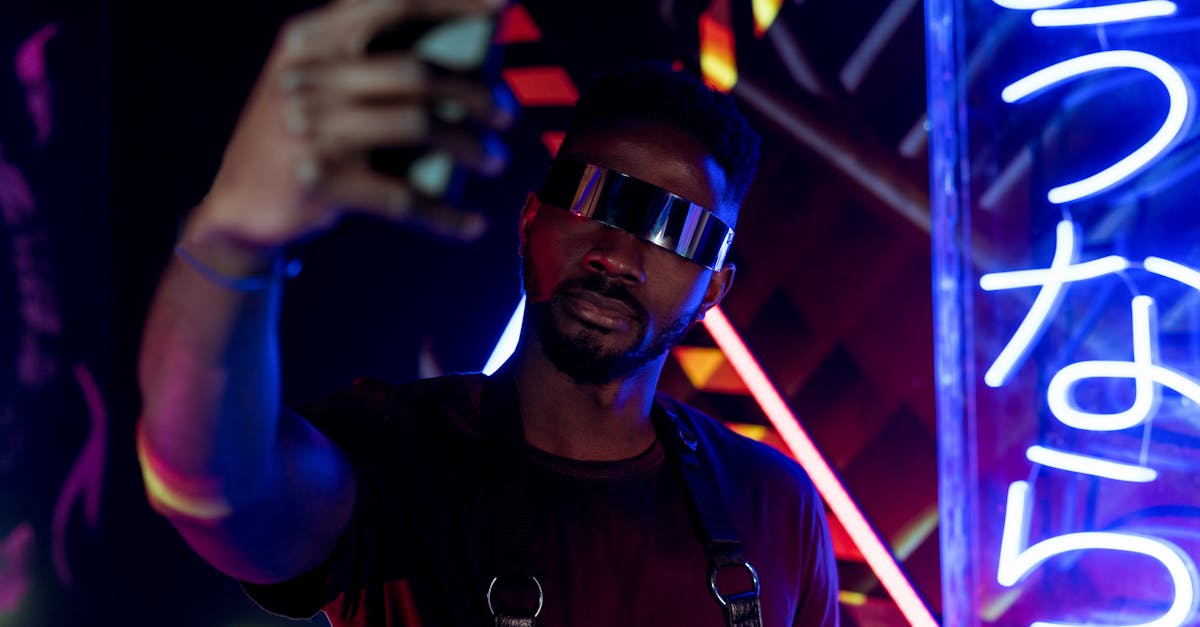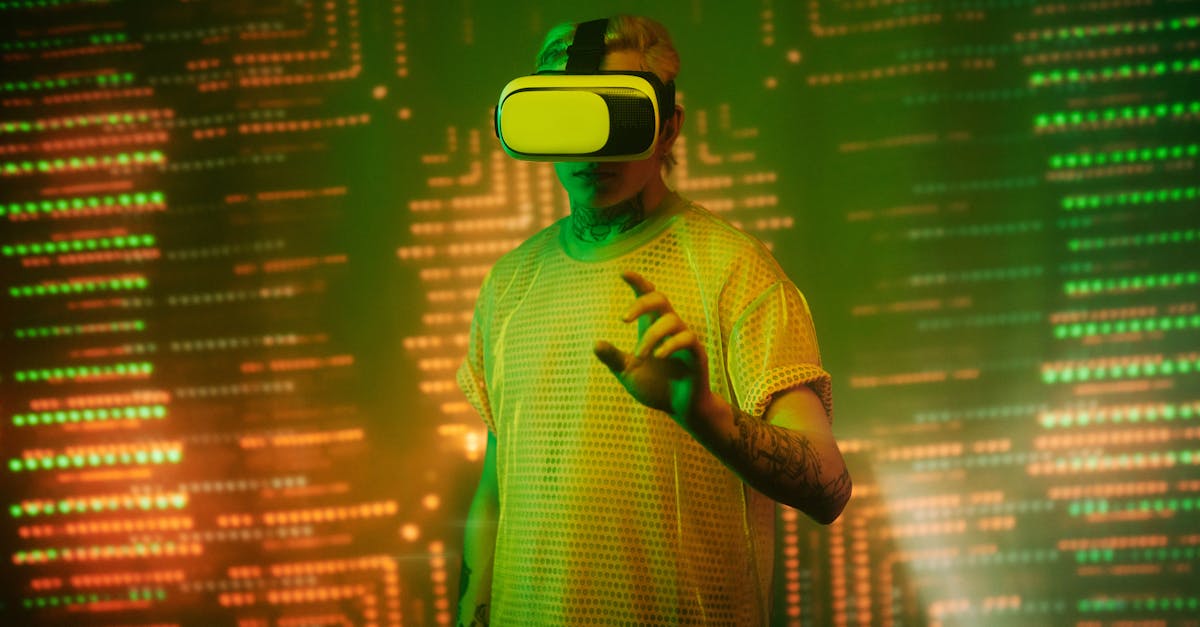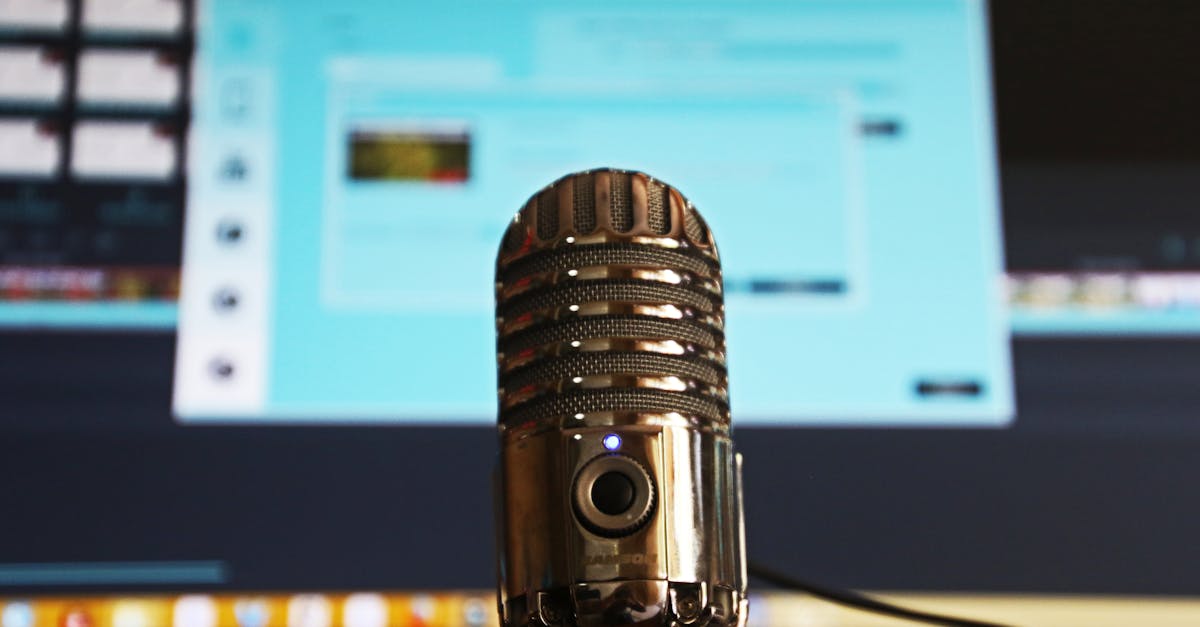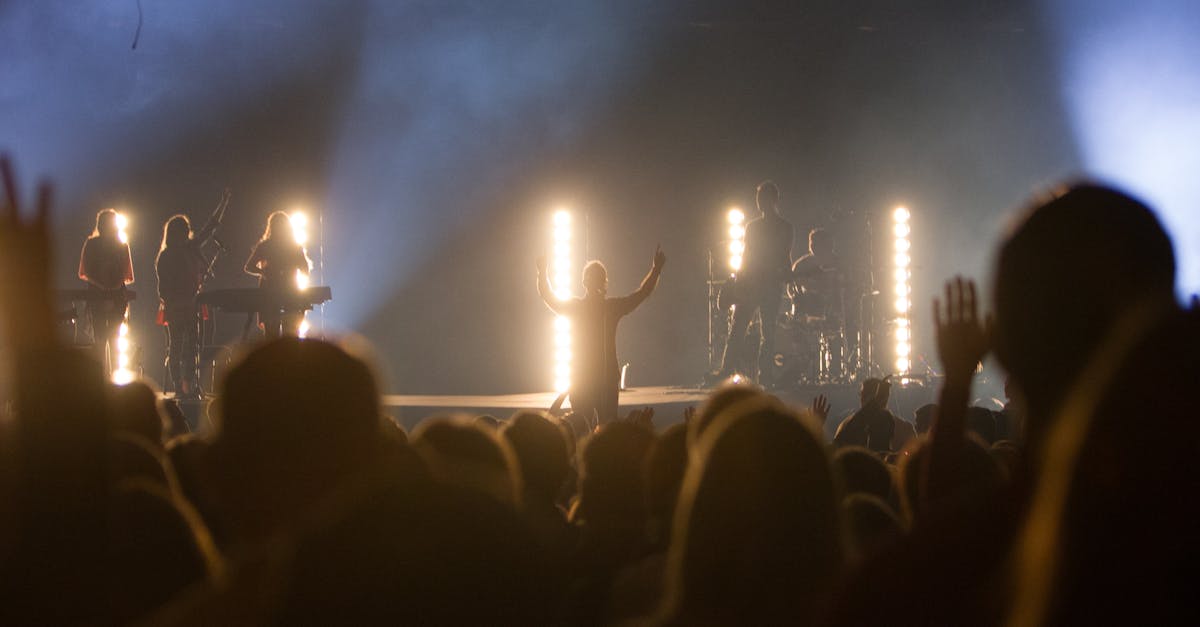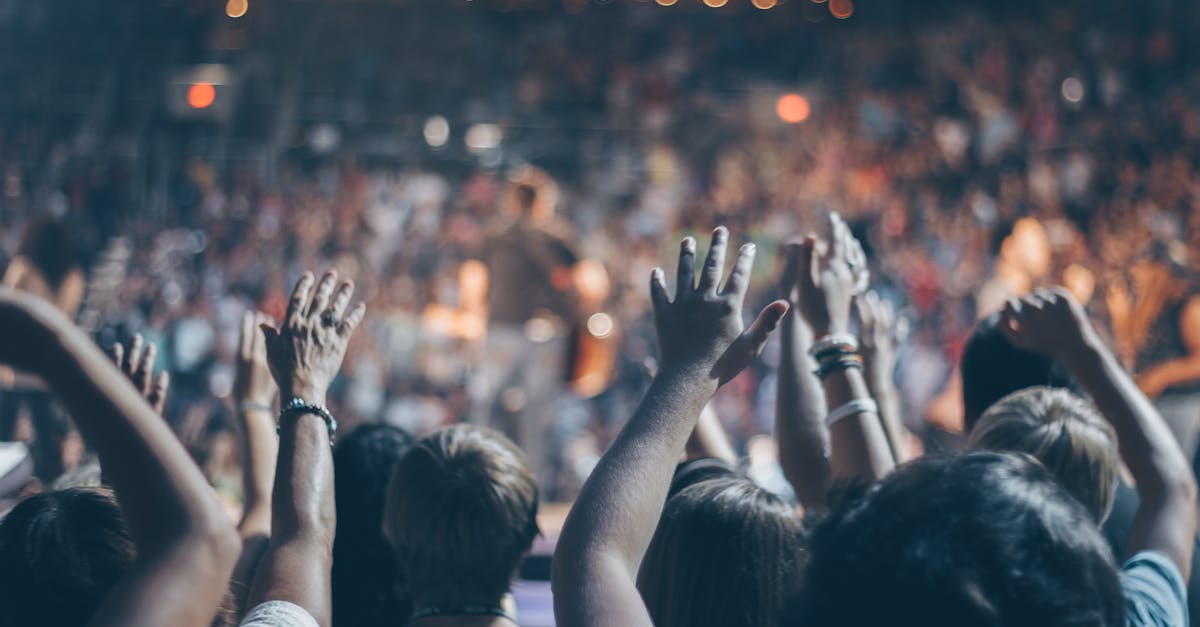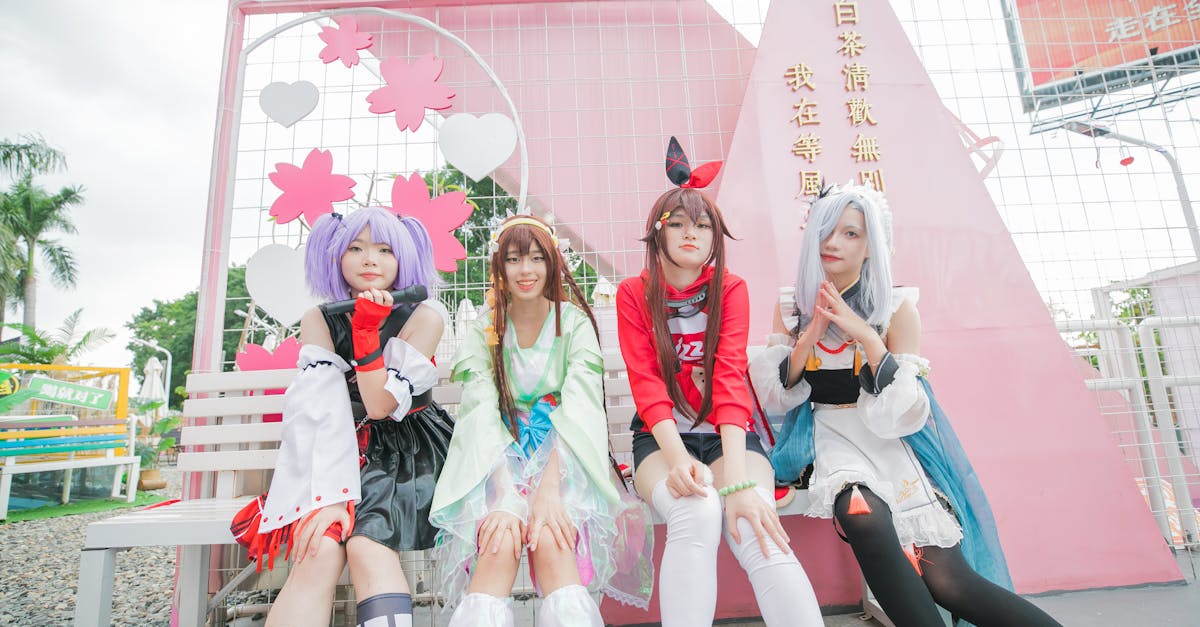The Arts Entertainment Revolution 2123
Introduction
In the year 2123, the realm of arts and entertainment is undergoing a profound transformation, driven by technological advancements and evolving consumer preferences. From immersive virtual reality experiences to AI-generated art, today's entertainment landscape is drastically different from that of the past century. This revolution combines traditional forms with futuristic innovations, creating a rich tapestry of cultural expressions. As society becomes increasingly interconnected, art serves as both a source of inspiration and a reflection of complex human experiences. The digital age has provided artists and entertainers with new platforms, making their work more accessible than ever before. This article delves into the key trends defining arts and entertainment in 2123, illustrating how they shape our cultural landscape.
Advertisement
The Rise of Immersive Experiences
Immersive experiences have become a cornerstone of the entertainment industry. Utilizing advances in virtual and augmented reality, creators craft environments so realistic that audiences feel fully integrated into the narrative. Concert halls transform into fantastical realms, allowing fans to attend "live" performances from the comfort of their homes. Art galleries host interactive exhibits where visitors can alter the artwork with a wave of their hand. These experiences blur the line between reality and fiction, offering unforgettable sensory adventures. As the costs for devices decrease, immersive entertainment is no longer a novelty for the tech-savvy but rather a mainstream expectation.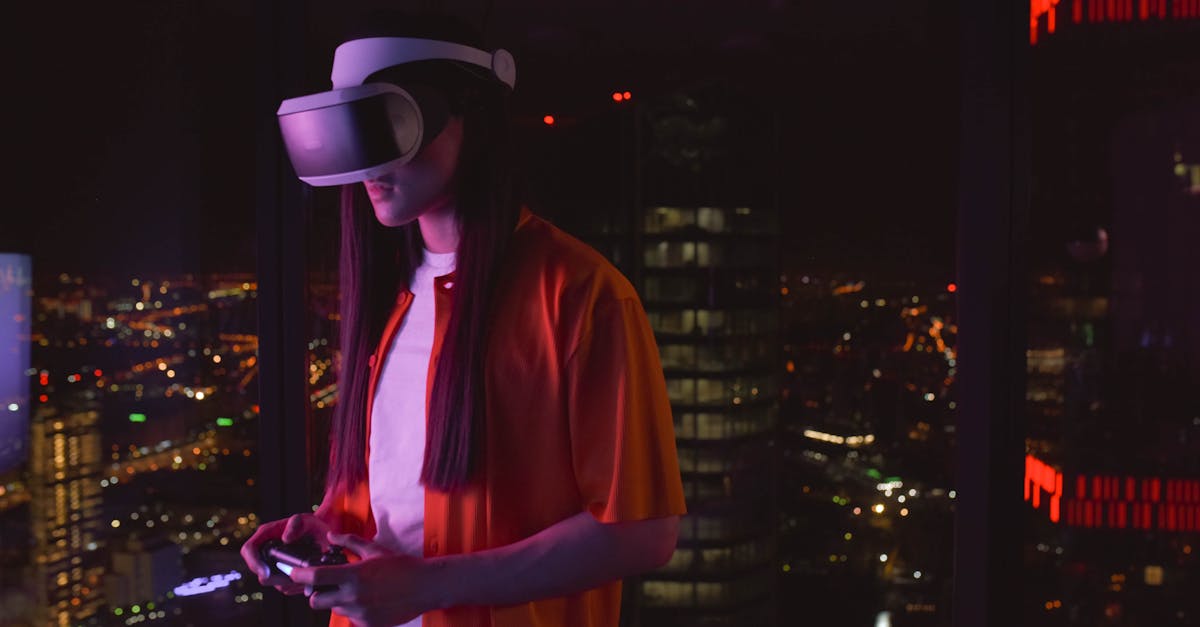
Advertisement
Artificial Intelligence in Artistic Creation
Artificial Intelligence (AI) has become an essential tool within the world of art. Artists use AI to generate complex patterns, simulate creative processes, and even collaborate in novel ways. Paintings, sculptures, and compositions that once took weeks to complete are now crafted by algorithms in a matter of hours. This has enabled artists to explore new frontiers in creativity, pushing the boundaries of what is traditionally known as art. Moreover, AI creators have added another layer to the artistic community, challenging human artists to further innovate and redefine artistic paradigms.
Advertisement
The Revival of Authenticity in Music
While technology-led innovations dominate large segments of the music industry, there is a careful balance towards authenticity. Acoustic sounds, raw vocals, and unplugged performances are making a significant comeback. Artists are inspired to share personal stories and vulnerabilities, resonating with audiences looking for genuine connections. Vinyl records make an unexpected return as collectors and audiophiles seek richer, uncompressed sound. This shift highlights a cultural yearning for realism amid a world accelerating towards digital abstraction.
Advertisement
Digital Art and NFT Revolution
The digital art and Non-Fungible Token (NFT) market have irrevocably altered how art is bought, sold, and viewed. Artists mint original pieces on blockchain, ensuring authenticity, scarcity, and ownership for a global audience. Million-dollar sales of NFT artworks demonstrate the value buyers see in owning a piece of the digital frontier. This movement has democratized the art world, providing artists independence from traditional galleries and auction houses. However, with this freedom come debates about environmental concerns tied to blockchain technology, sparking discussions around sustainable practices.
Advertisement
Virtual Theater and Cinema
Virtual theater and cinema have expanded storytelling possibilities to new horizons. Through holographic technology, audiences can interact with narratives, influencing outcomes and character developments. The "choose-your-own-adventure" format provides unparalleled engagement, allowing viewers a stake in the direction of the plot. Remote-access performances accommodate a diverse global audience, offering multilingual translations in real-time and seamless integration across cultures. Despite their benefits, challenges around intellectual property and content regulation continue to shape this burgeoning field.
Advertisement
Cultural Hybridization
Cultural integration has advanced, resulting in a form of hybrid entertainment that blends global influences. Festivals showcase music, art, and dance from a kaleidoscope of cultural origins, promoting unity and diversity. Cross-cultural collaborations yield fresher, multifaceted content that appeals to audiences who identify as global citizens. These blended forms celebrate heritage while experimenting with a fusion of genres, redefining expressions familiar to powerful new concoctions. Consequently, cultural hybridization becomes a vital tool for breaking cultural barriers and ideating peace-building exchanges.
Advertisement
The Evolving Role of Social Platforms
Social media platforms have become as influential as traditional entertainment companies, if not more so. Artists use these digital stages for both promotion and collaboration, connecting with fans worldwide with immediacy. Viewers expect engagement and direct access to creators, enjoying backstage insights and unfiltered interactions. Platforms rapidly adapt to offer not only instant content sharing but also monetization-enhancing creator support. Yet, as highly publicized controversies and legal challenges arise, conversations surrounding user privacy and ethical practices underscore ongoing battles faced by this industry.
Advertisement
The Shift Towards Ethical Practices
A pervasive trend is the industry's embrace of ethical and sustainable practices. Environmental concerns and social accountability have become non-negotiables for artists and institutions. From eco-friendly productions to inclusion diversity councils, stakeholders are radically reimagining responsible navigation through the entertainment ecosystem. Audiences favor creators who align their work with personal values, supporting endeavors that focus on equality, community upliftment, and sustainability. While comprehensive, this shift aims at fostering long-term impact while reshaping the identity and purpose of entertainment for future generations.
Advertisement
Conclusion
In 2123, the arts and entertainment industry stands at the nexus of tradition and innovation. Technology allows for extraordinary creative achievements, while renewed emphasis on authenticity, ethics, and sustainability ensures humanity remains at the heart of artistic endeavors. As cultural barriers dissolve, a mosaic of global heritage integrates into these emerging forms, redefining engagement on personal and collective levels. Future trends promise untold adventures, driven by a collective aim to celebrate, challenge, and ultimately connect humanity through the arts. Thus, the Arts Entertainment Revolution 2123 is a testament to possibility—a multifaceted evolution accessible to all.
Advertisement

